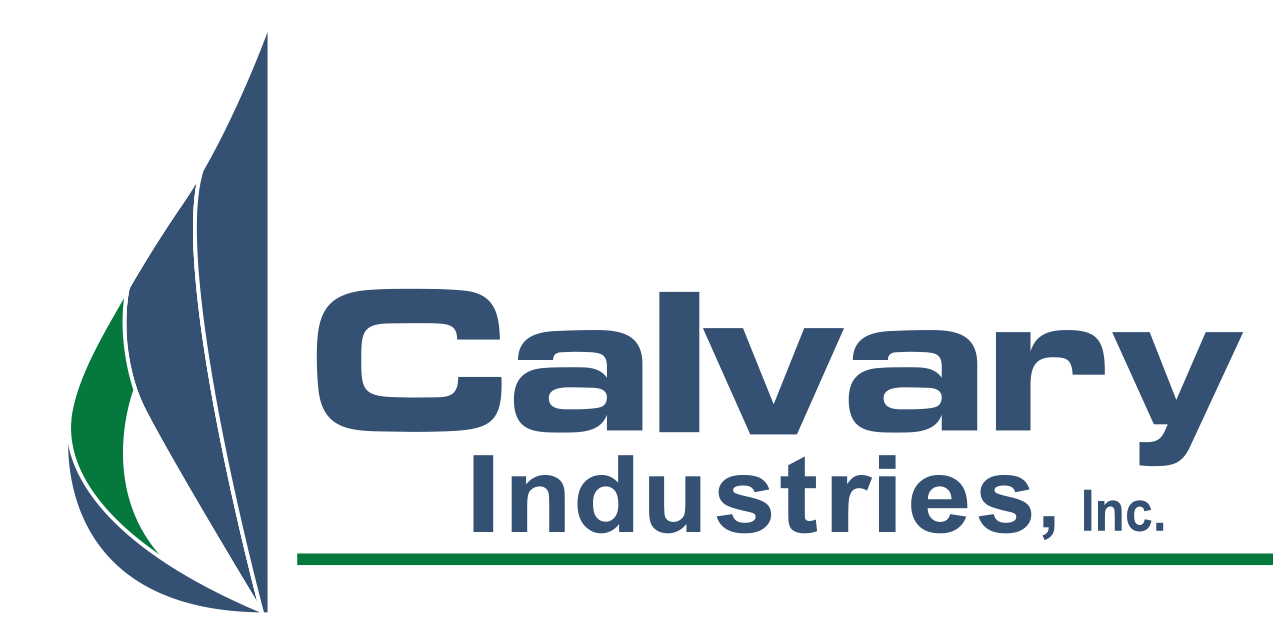Anodizing
Anodizing is an art as much as it is science. Finding the balance of chemistry and process to give the desired outcome of surface appearance and finish. Anodizing can be both functional as well as decorative. Increasing the natural oxide layer of aluminum improves wear properties and corrosion resistance, while also changing reflectance and allowing dyes to be absorbed form improved cosmetics.
Starting with a clean surface, and then modifying etch rates, etch type, and surface finish prior to anodize, many profiles and appearances can be created.
Products:
CAL CLEAN 657
Phosphated Alkaline Cleaner Designed:
• To Thoroughly Remove Oils And Soils From Aluminum Without Etch Or Effecting The Surface.
• Emulsification Of Oils/Greases, Particle Suspension, And Long Tank Life.
• Operation – Immersion
Metal Safety – Ferrous And Non-Ferrous
CAL PREP 138 ND
Acid Etchant
• Produce A Uniform Micro-Etch, Matte Finish On Aluminum Prior To Anodizing
• Operation – Immersion Or Spray
Metal Safety – Aluminum
CAL PREP 6116
Powdered Acid Salt Designed To:
• Produce An Extremely Matte Etch Profile On Aluminum Prior To Anodizing.
• Operation – Immersion
Metal Safety – Aluminum
CAL CLEAN 65
Caustic Etchant
• Produce A Deeper Profile, Uniform Etch On Aluminum Prior To Anodizing.
• Operation – Immersion
Metal Safety – Aluminum
CALODIZE 3500
Nickel Acetate Seal To Operate At Moderate Temperatures.
Does Not:
• Good Corrosion Resistance.
